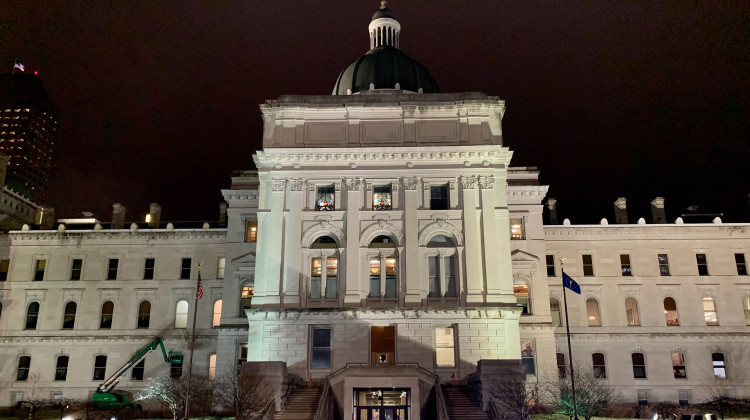
House Republicans rejected an amendment Monday that would make it easier for the public to claim access to police body camera videos.
file photoINDIANAPOLIS -- House Republicans rejected an amendment Monday that would have made it easier for the public to claim access to police body camera videos.
The police body camera video bill says if law enforcement refuses to release footage, the public or the press have the burden-of-proof and must prove to a judge that the video should be released. Indianapolis Democratic Rep. Ed DeLaney disagrees and says that burden-of-proof should rest with the police. He proposed an amendment to make that change.
“And I would think in most cases there would be no problem," DeLaney said. "In the rare case where there is a problem, I think the public and the press should have a right to know about it.”
But Hartford City Republican Kevin Mahan, the bill’s author, says DeLaney’s amendment solves a problem that doesn’t exist. He notes the legislation would allow people involved in the incident – such as family members – to view the video in private.
“So the headlines you’ve been reading where everybody’s shut out and we’re denying the opportunity for people to see these and police can keep the records under the wraps – it’s just simply not true,” Mahan said.
Republicans agreed with Mahan and rejected DeLaney’s amendment. The bill is available for passage in the House Tuesday.
 DONATE
DONATE






 View More Programs
View More Programs


 Support WFYI. We can't do it without you.
Support WFYI. We can't do it without you.